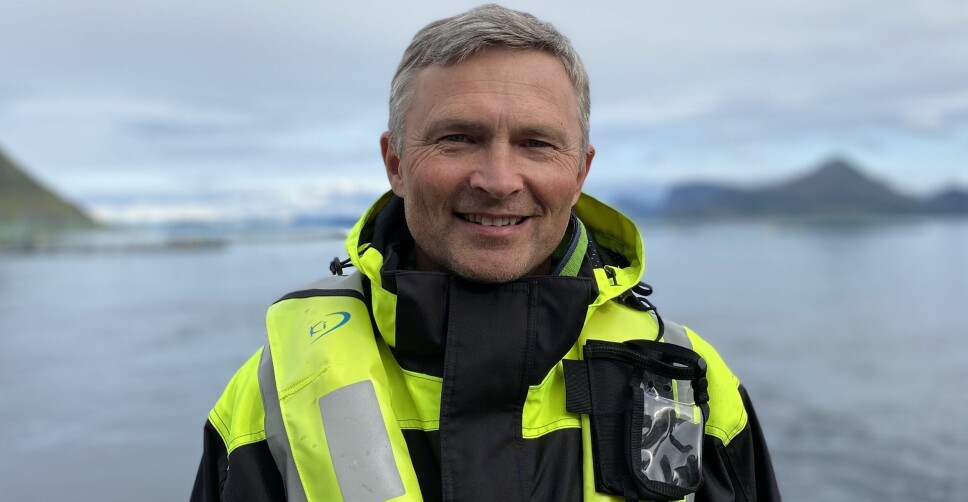
Cermaq opts for refund on new Norway permits
Move follows freeze on investment in response the proposed 40% salmon tax
Norway’s fourth biggest salmon farmer, Cermaq, has rescinded its NOK 134 million (£11.2 m) purchase of allowances for 689 tonnes of extra biomass allowance (MAB) as a result of the government’s proposed 40% “resource rent” tax on fish farmers.
When the tax was proposed last week, the authorities opened a window for farmers to get refunds for permits purchased at fixed prices in 2022, and Cermaq has become the latest in a growing list of farmers to take advantage of that offer before tomorrow’s deadline.
“The proposed resource rent tax on salmon farming has created considerable uncertainty among both fish farming companies and in the supplier industry sector,” said Lars Galtung, chief sustainability officer at Cermaq Group.
“Reduced investments and projects on hold will result in lower activity and a risk of layoffs in the supplier industry. This will affect jobs in many coastal municipalities and will become reality for the aquaculture industry unless there are changes to the resource tax proposal.”
Aquaculture Fund
Cermaq bought its share of the offered capacity increase based on Norway’s “traffic light” system that allows fish farmers to buy extra MAB in areas where an expert group has assessed that lice from fish farms aren’t harming wild salmon.
The company, which is owned by Japanese industrial giant Mitsubishi, said the money for the MAB was to be transferred to the Aquaculture Fund which is distributed to municipalities with farming sites.
“We will terminate the purchase because we do not have sufficient overview of the impact the proposal will have on future valuation and profitability," said Galtung.
Today’s announcement from Cermaq, which harvested 92,000 gutted weight tonnes of salmon in Norway last year, follows news on Monday that it was freezing investment in Norway until it learns more about what extra tax it may be faced with from the beginning of 2023.
“Since 2016, we have invested more than five billion NOK in Northern Norway and had plans for investments of up to four billion NOK in the next few years. Now we need to get an overview of the consequences of the resource rent tax before any projects can be implemented,” said Galtung.






















































